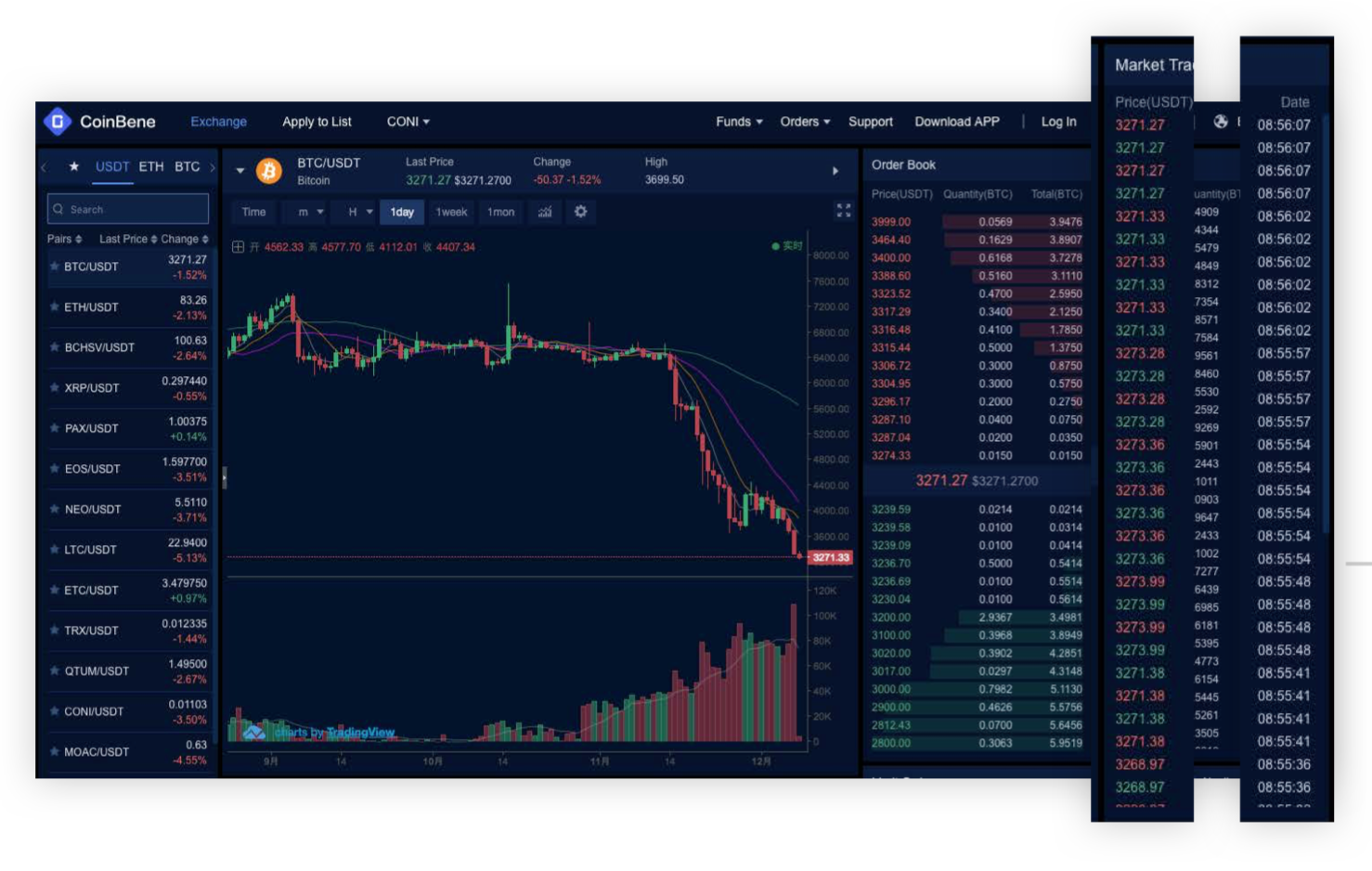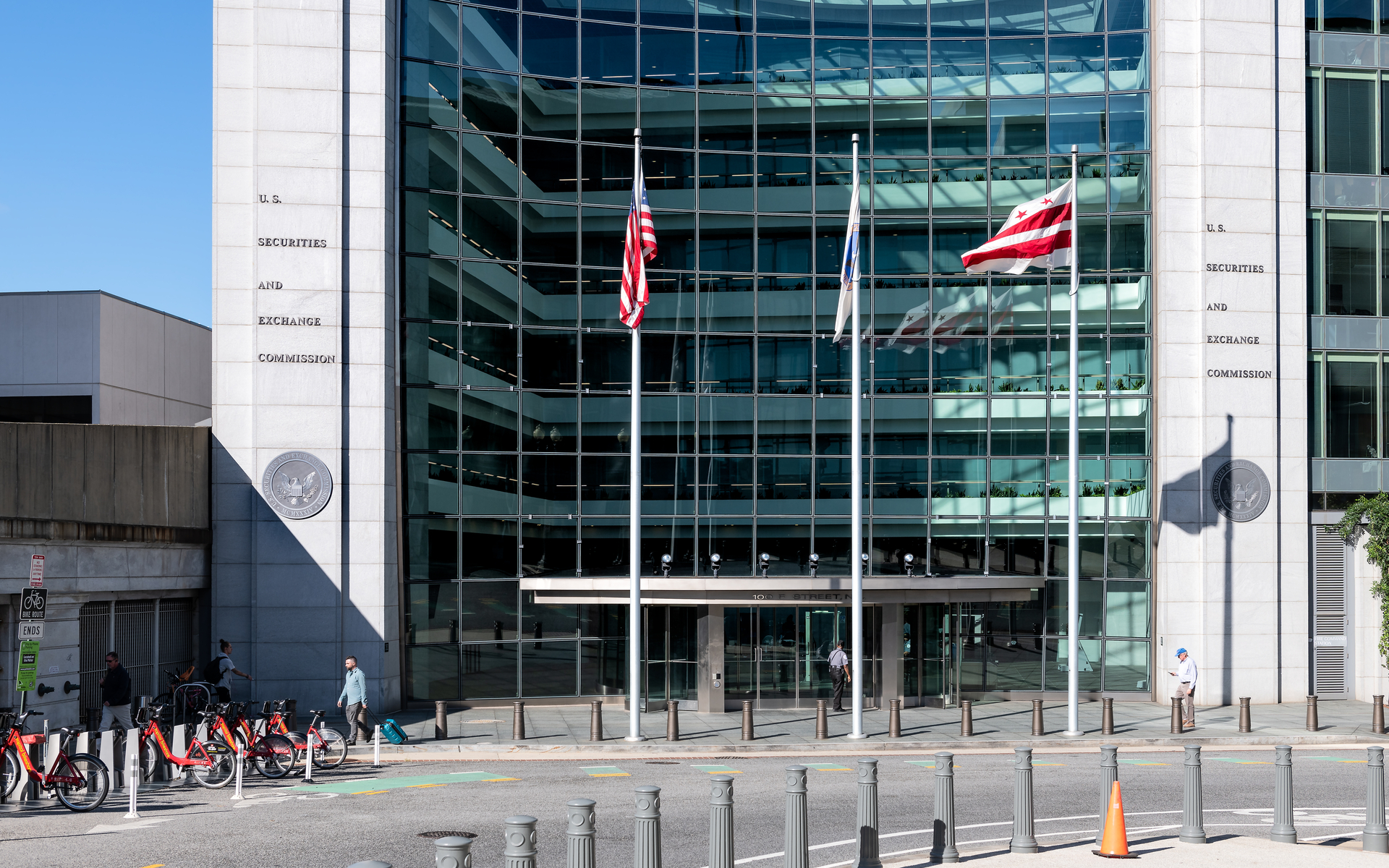New research presented to the SEC by Bitwise Asset Management claims 95% of reported BTC spot volume is fake. According to Bitwise, only 10 exchanges have actual volume… but it’s not all bad news for the bitcoin market.
95% of Bitcoin Exchange Volume is Fake
Claims of wash trading and fake volumes are nothing new. Groups like the Blockchain Transparency Institute have been publishing ever more detailed reports on the issue. But the suggestion that 95% of the volume is fake marks a new high (or low) point. The main reason for an exchange to fake volume is to inflate the listing fees it can charge.
1/ New Research from us @BitwiseInvest.
As part of 226 slides presented to the SEC on our ETF filing, we did a first-of-its-kind analysis of *order book data* from all 81 exchanges reporting >$1M in BTC volume on CMC.
TLDR: 95% of reported volume is fake but LOTS of good news! pic.twitter.com/TuXLlDCRyP
— Bitwise (@BitwiseInvest) March 22, 2019
According to the research, only ten exchanges reporting over $1 million average daily volume on CoinMarketCap are genuine. These are Binance, Bitfinex, Kraken, Bitstamp, Coinbase, BitFlyer, Gemini, itBit, Bittrex, and Poloniex. The report excluded Korean exchanges, and Cex.io passed the test but reports lower than $1M volume.
Many Exchanges Don’t Even Try to Cover It
The report presentation gives a good comparison showing how to tell a real exchange from a suspicious one. When comparing the two side by side, some exchanges fakery appears blindingly obvious.
On a genuine exchange trade distribution between buying and selling will be random; amounts will be both large and small, with a significant number of ’round numbers.’ Volumes will fluctuate over time, with busier and quieter periods; and the spread (difference in buy and sell price) will typically be just a few cents.

On the other hand, suspicious exchanges often have trades, which come in pairs (one buy and one sell). It is very unlikely that real trades would occur in such a pattern. Trades are for similar amounts, with no very small trades, and no ’round number’ trades, despite a human preference for round numbers.
Suspicious exchanges are likely to have a higher spread, despite supposedly massive volume. Volumes will remain roughly constant per time period, or may perhaps drop out completely for hours or even days.
This Smaller Market is ‘More Orderly’ for Bitcoin ETF
So Bitwise promised us some good news. But, in reality, it’s more like just good news for them. Because this research was actually presented to the SEC in support of Bitwise’s Bitcoin ETF application. So the good news is that despite an alleged 95% of the volume being fake:
The real market for bitcoin is significantly smaller, more orderly, and more regulated than is commonly understood.
Well whoopee-doo! The bad news, of course, is that now dodgy exchanges know how to tweak their bots to avoid detection.
Will this research from Bitwise have a positive effect on their Bitcoin ETF application? Share your thoughts below!
Images courtesy of Shutterstock








